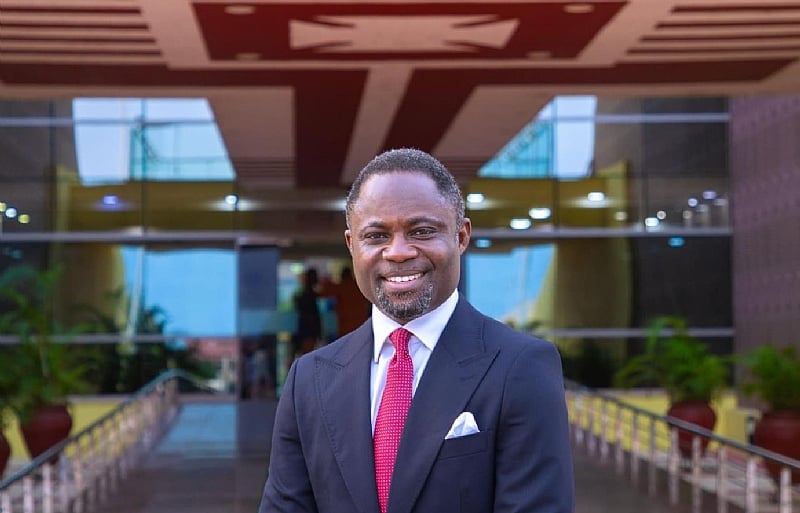The Ghanaian health sector is undergoing a significant restructuring aimed at enhancing financial accountability, operational efficiency, and overall service delivery. Health Minister Kwabena Mintah Akandoh has directed all newly inaugurated boards of teaching hospitals and key health institutions to implement a dual-account system for managing their finances. This directive mandates the creation of separate accounts for infrastructure maintenance and for the upkeep of medical equipment. The Minister emphasized that this measure is crucial for ensuring that funds allocated for specific purposes are used judiciously and that critical maintenance activities are not neglected due to budgetary constraints. This move reflects the government’s commitment to fostering financial discipline and eliminating wasteful practices that have historically hampered the effective functioning of healthcare facilities.
The dual-account system is designed to address the chronic underfunding of maintenance activities in Ghana’s health institutions. By ring-fencing funds specifically for infrastructure upkeep, including painting, roofing repairs, and minor restorations, the government aims to ensure that these essential tasks receive consistent attention and that facilities are maintained in a usable and safe condition. Similarly, the separate account dedicated to medical equipment maintenance will guarantee that crucial diagnostic and treatment tools are regularly serviced and repaired, preventing breakdowns and ensuring the availability of functioning equipment for patient care. This move towards structured financial management is a critical step towards improving the quality and reliability of healthcare services across the country.
The Minister’s directive underscores a shift towards a more proactive and accountable approach to healthcare management. He stressed that maintenance is no longer an optional expenditure but a vital investment in the long-term sustainability of health facilities. This proactive approach is intended to break the cycle of reactive repairs and emergency interventions, which are often more costly and disruptive than regular maintenance. By prioritizing preventative maintenance, the Ministry of Health aims to reduce the incidence of equipment failures and facility deterioration, thereby enhancing the overall efficiency and effectiveness of healthcare delivery.
Furthermore, the call for greater accountability extends beyond financial management to encompass the overall performance of the boards. Mr. Akandoh announced that board members will be required to sign performance contracts with clearly defined Key Performance Indicators (KPIs). These contracts are designed to ensure that board members are actively engaged in driving improvements within their institutions and are held accountable for achieving specific targets. This performance-based approach aims to inject a greater sense of purpose and urgency into board meetings, shifting the focus from routine administrative matters to strategic discussions and actionable plans for improving healthcare outcomes.
The directive also addresses specific challenges within the health sector, including the rise in opioid abuse among the youth and the need for increased local training of medical specialists. The Food and Drugs Authority (FDA) board has been tasked with strengthening surveillance systems, tightening licensing protocols, and intensifying enforcement efforts to combat the growing opioid crisis. Collaboration with stakeholders is seen as crucial in intercepting and eliminating illicit substances. Moreover, the Ghana College of Physicians and Surgeons has been urged to expand its training programs to produce more medical specialists and consultants domestically, reducing the country’s reliance on foreign-trained professionals and strengthening local capacity to meet the ever-growing demand for specialized healthcare services.
The implementation of these directives marks a significant step towards building a more resilient, responsive, and continuously improving healthcare system in Ghana. By prioritizing financial discipline, proactive maintenance, performance accountability, and targeted interventions to address specific challenges, the Ministry of Health aims to create a sustainable and efficient healthcare infrastructure that effectively serves the needs of the Ghanaian population. The commitment expressed by the chairpersons of the various boards to support these initiatives signals a shared understanding of the urgency and importance of these reforms and offers a promising outlook for the future of healthcare in Ghana.


